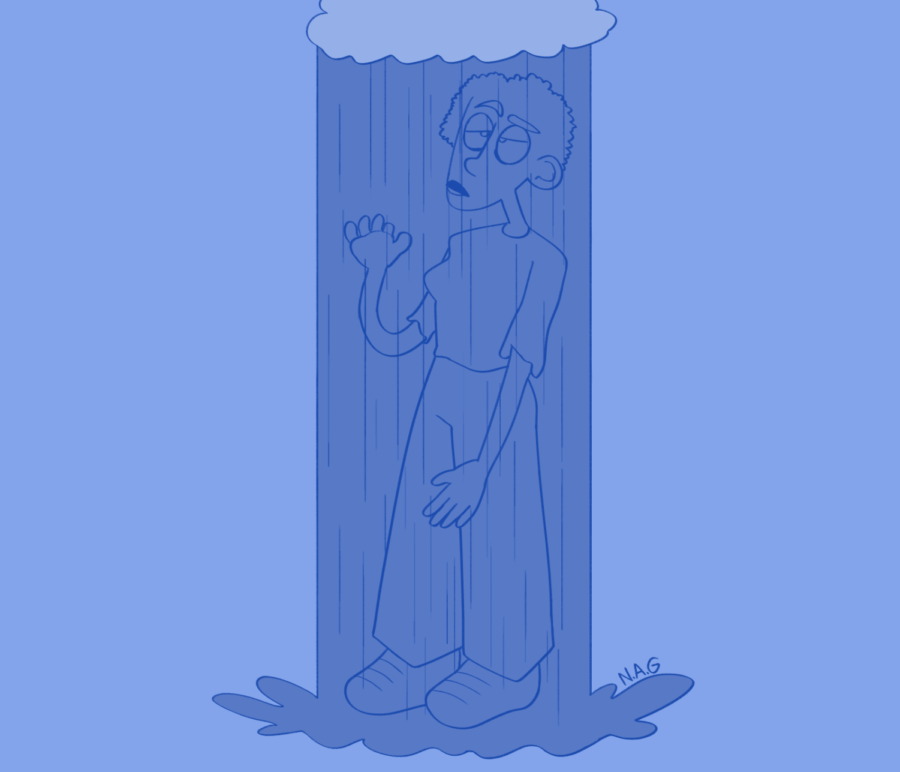How to Cope with Seasonal Depression
Seasonal depression, also referred to as Seasonal Affective Disorder (SAD), is a type of depression that is triggered by the change in weather, primarily during the colder seasons. According to Johns Hopkins Medicine, the reason for SAD is likely due to lack of sunlight during the colder seasons, causing a chemical change in the brain. Seasonal depression can affect your mood, which in turn, could negatively impact your grades and your relationships. It is important to check up on yourself when this begins to happen so it doesn’t build up into something even bigger. Here are a few steps you can take to cope with seasonal depression, and for an alternative perspective, I turned to Ms. Paterson, a teacher who values mindfulness and deals with SAD.
- Acknowledge it
The first step to dealing with seasonal depression is realizing you have it and how it negatively impacts you.
Mrs. Patterson: I can remember from the time I was in high school through the present– that every year, like clockwork in November, right around the time we change the clocks, I start to feel down. I notice that I feel more tired, and crave carbs, and just feel sad for no particular reason.
- Be kind to yourself
The worst thing you can do is to blame and talk down on yourself for feeling this way. Make sure you are treating yourself with kindness because you cannot hate yourself into becoming a better person.
Mrs. Patterson: I practice mindfulness daily. It is something that helps me when I am consistent with my practice. You have to be consistent with it to help with seasonal depression, but if you are willing to set aside 10-15 minutes a day to breathe and clear your mind, it definitely can help.
- Make time for yourself
Allow yourself to enjoy the little things in life, without any of the distractions that come with schoolwork. Set aside some time in your day for some peaceful solitude, whether that be in the form of fresh air or journaling.
Mrs. Patterson: I find that getting sunshine helps. Unless it is super cold, I try to go for a walk during the day to get some sun. I also have a lightbox that I sit in front of in the morning. Getting exercise and making sure to do something fun each day are also tips that help me.
- Talk to someone
Depending on the seriousness of it, talking to a parent, friend, or doctor about your change in mood will always be better than keeping it hidden. There is nothing wrong with asking for help, especially when it comes to taking care of yourself.
Mrs. Patterson: I think it helps to remember that it is temporary–that the spring always comes. If it feels unmanageable, though, definitely tell your parents and your doctor. Some people have to take medicine for it.
It is easier said than done, but being patient with yourself and allowing yourself to feel your emotions actually helps you overcome seasonal depression faster.
Prioritizing the relationship you have with yourself will only improve the relationships you have with other people and even potential stressors like schoolwork. Just remember that this time of strong emotions will pass, and before you know it, the sun will start rising earlier and setting much later.


